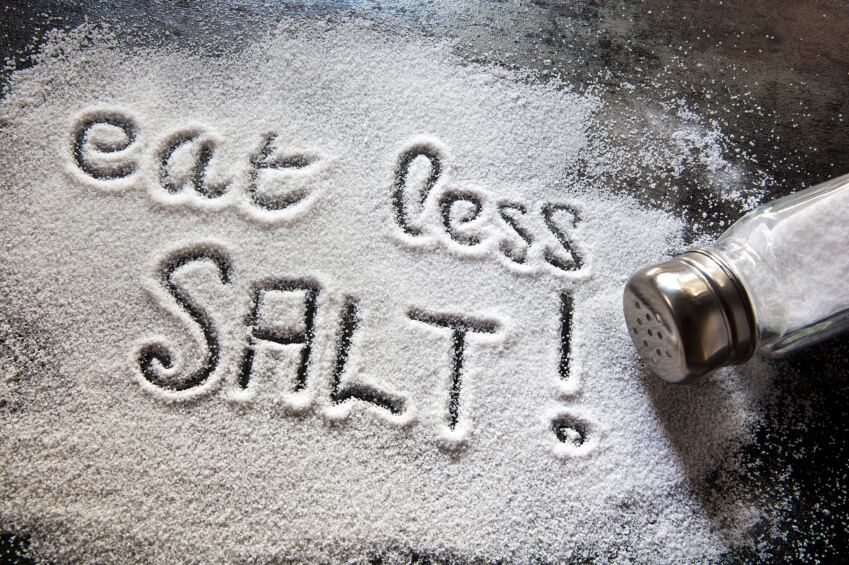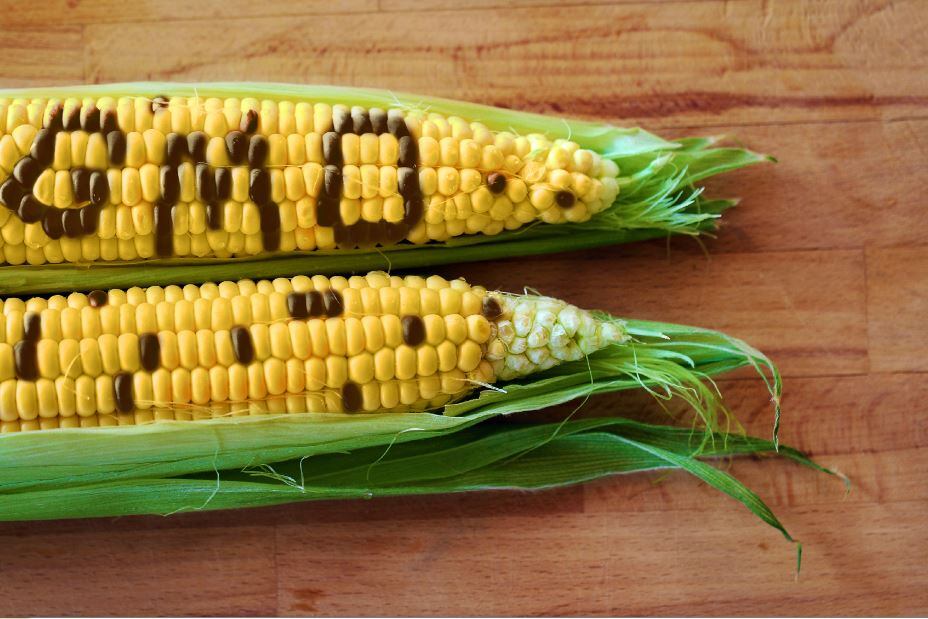Whether the motivating factor behind Turkey's efforts to align its national food legislation with EU rules stem from its desire to join the EU or are down to the limited resources of the Ministry of Food Agriculture and Livestock, which is responsible for everything food-related, the end result is a more attractive trade partner.
Since 2011, a wave of laws have been written into the Turkish Food Codex to ensure that rules on food hygiene, contamination, additives and labelling are all aligned with EU food legislation. Rules on food flavourings, for instance, are fully harmonised with the EU’s Union List.

EU and Turkey: ‘Different approaches for the same problems’
But there are some areas where Turkey is doing its own thing, and this shows the Ministry of Food Agriculture and Livestock is not afraid to take legislative measures that prioritise public health – even if they do not necessarily favour industry, said senior regulatory advisor at Leatherhead Food Research, Gökay Şen, speaking with FoodNavigator at Food Ingredients in Istanbul this month.
“Although the Turkish Ministry is working very closely with the food industry and different associations, we can see that the decisions are still in favour of consumers and public health is always the priority. However, food safety and public health is also a priority in EU countries [and] therefore it is not easy to compare these two regions but I can say Turkey and EU may have different approaches for the same problems."
Mandatory reformulation
In 2012 the government brought in mandatory maximum salt levels in bread. Allowing a transition period of 12 months, manufacturers had to reformulate so that salt kevels were between 2% and 1.5%.

For cured meat products, such as pastrami, levels could vary between 7% and 8.5% or between 5% and 14% for tomato pastes and purees. Other affected products include table olives and chili pepper powders, and since 2014 fruit juices are no longer to contain any added sugar.
The ministry consulted with industry to ensure levels were technically attainable, but there are plans to reduce them even further.
The levels apply to imported goods as well as domestically-produced ones but given that the majority of these products consumed nationwide are Turkish-made anyway – with the possible exception of fruit juices, says Sen – this does not constitute a barrier to trade.
Nutrient profiles
Nutrient profiling is another big difference between the EU bloc and Turkey. In place for the past five years, nutrient profiles not only exist in Turkey – unlike in the EU – but they are used to prevent companies making health claims for products that are high in salt, sugar or fat, although nutrition claims are authorised.
The World Health Organisation (WHO) defines the term ‘nutrient profiling’ as “the science of classifying or ranking foods according to their nutritional composition for reasons related to preventing diseases related with nutrition and promoting health”.
This means that a sugary breakfast cereal with added calcium can legally boast about the calcium content, but cannot tell consumers eating the cereal will strengthen their bones.
Manufacturers’ use of health claims has been somewhat limited, said Şen, because there are only 12 authorised claims in Turkey, and interestingly many of these differ from the approved EU list with probiotics and prebiotics enjoying authorised claims in Turkey unlike in the bloc.
But it is a striking difference given that Europe has dithered over the issue of nutrient profiles for the past 10 years since the enacting of the Nutrient and Health Claims Regulation before Parliament voted last month to do away with them altogether, much to the dismay of public health campaigners and some companies, notably Nestlé.
No-go for GMO
Genetically modified organisms (GMOs) are completely banned in Turkey and Leatherhead Food Research receives many requests on the issue, said Sen.

In the EU any product that contains more than 0.9% GM material must be labelled as such but in Turkey the government has taken the line that GMOs are not safe and so no safe threshold level can be set.
But according to Şen the ban on GMOs is an example of food regulation being adopted for political reasons, rather than scientific ones.
“Consumer perception of GMOs is really negative in Turkey and this could be the only reason why it is not approved yet [as] most of the risk assessment measures are the same as in the EU [and] for some of the cases there is no scientific proof that these applications are not safe to consume.
"However there are sociological issues because the perception is very negative so they do not want to authorise them and this creates a difference between Turkey and the EU.”
Manufacturers of products that contain high levels of ‘high risk’ ingredients such as corn or soya must produce extra documentation on their provenance. The result is that many US companies simply cannot export their products to Turkey. “[But] if your product doesn’t contain these ingredients it’s very easy to market them in Turkey,” said Sen.
Şen said he believed a GM authorisation is unlikely to happen in the near future – but if Turkey’s membership into the EU is accepted, it may be required to fully harmonise with EU law on this issue.
'It's an easy market'
Overall, however, the similarities between EU and Turkey regulation greatly outnumber the differences, and this makes it easy to start doing business there.
“Because most of the horizontal regulation has already been harmonised – especially for flavourings and food additives and labelling is going to be harmonised soon for example – it is actually an easy market," said Sen.
“[…] The numbers for imports coming from the European Union are very good. There are also many products going from Turkey to the EU because of this harmonisation process – we are following the rules already

so it’s actually not difficult.”
Add to this Turkey’s young population – half of the country’s 80 million-strong population is under the age of 30 according to government figures – and its enthusiasm for trying new products from Western countries and the country seems even more attractive.
Euromonitor data confirms the country's potential as an export market as the country came out top for packaged food sales in Western Europe last year.
Food and nutrition analyst at Euromonitor Dimitrios Dimakakkos told FoodNavigator at the time: “In the last five years Turkey has shown a significant hunger for imported products and this trend is mainly driven by urbanisation. The urban population grew by 11% between 2009 and 2014 and it is expected to increase also in the near future."
“This [has resulted in] the traditional food markets being substituted by modern grocery retailers and multinational branded products found more space on the shelves of supermarkets.”
